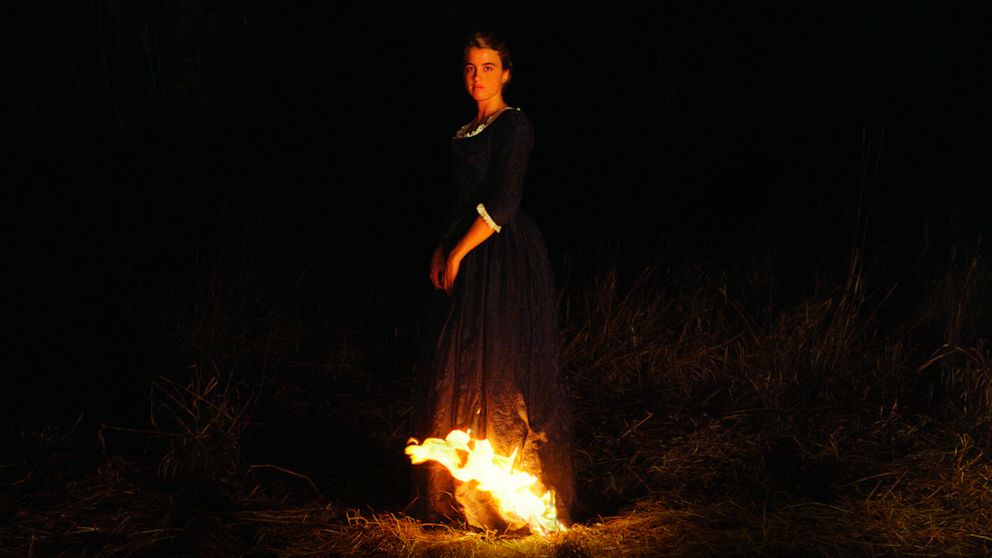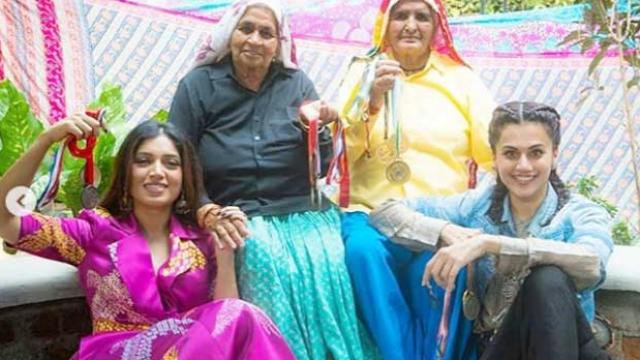The Hindi film, Pareeksha- The Final Test was released on August 6,2020 on Zee5. The film has been directed by Prakash Jha. Watching the film seemed almost like a treat for many in the audiences for its ability to distract one from the anxieties of the ongoing COVID-19 pandemic. But, for many people who are concerned about the Indian education system and its deficiencies, this film brings to the forefront, long-standing debates on public sponsored/run versus private sponsored/run educational institutions along with the questions of accessibility, quality and social hierarchies that come to shape one’s institutional as well as educational choices.
The film takes on the education system in India and revolves around the story of an ordinary rickshaw-puller named Buchchi Paswan (played by Adil Hussain) in Ranchi, Jharkhand. Like any other parent, Buchchi, is shown aspiring and dreaming about providing the best of educational opportunities to his only son Bulbul (played by Shubham Jha), at any cost, by making arrangements for him to study at a private English medium school. The film explores the lives of Bulbul’s parents, who want their child to become a successful/capable/rich man and break free from the shackles of poverty and backwardness that the family presently finds itself in. They see it as the only key through which they can make their lives better. In this race of sending their son to a good English medium school, the parents are subsumed by the promises for a bright future, by enabling their child to take admission in the elite Sapphire International School. The 102-minute film captures the everyday struggles faced by the lower economic strata, wherein, after passing through hardships , they finally manage to get their son admitted to an elite, English medium school.
But once the child has been admitted to the school, they face many hurdles in making arrangements for up a variety of other academic demands made by the school.To meet the schooling expenses and ensuring that the child doesn’t lag behind in his class, the father resorts to stealing money and valuables and eventually lands up in jail. The film claims to be based on the real-life story of IPS officer Abhayanand who used to teach and coach kids in a village in Bihar, during the Naxalite movement. Wherein he trained children from low-income families to crack the IIT-JEE exams. A similar role was played by Sanjay Suri, as he helped Bulbul and other young minds in their studies and for preparing for their upcoming Board Exams, while Bulbul’s father was in jail. The climax of the film was also well written. It portrayed how people got to know about Buchchi ’s robberies and the fact that he had landed up in the jail, how his own wife and son grappled with this reality and how he broke down before them only to acknowledge that he had resorted to the wrong path. Meanwhile, to retain its prestige and respect among the richer clientele, the school authorities insist on cancelling Bulbul’s admit card for the Board Exams. But upon sincere insistence by Bulbul and his explanation of why his father was compelled to take the wrong path, the school finally allows him the chance to sit for the exams and he passes with flying colours.
In the end, Bulbul understands his father’s perspective, while consoling his father he asks him to not feel guilty because he is already paying back for his mistakes by being in jail. The film not only addresses the issues that the underprivileged face in day to day life but also highlights the deep-rooted problems of the Indian education system, where the government school teacher hardly comes to the class or there is hardly any motivation to make the school an inspiring and inviting space for children. In such a milieu, the elite English medium school is seen as the only option that can provide the possible opportunities for a bright future, which is the dream of Buchchi for his child.
At this point, if we compare the private school environment and the government school environment, we can see the operationalization of the concept of ‘cultural capital’.
The children from marginalised groups are not less intelligent or less academically capable, but children from middle-class/upper-class homes are able to do well at school because of the correspondence of cultural factors between home and school, and this can be observed closely in the context of these two different worlds, which decide the life trajectories of children. The question that comes up here is, what if Bulbul was not bright enough? Does the demand for a quality education and access to equal opportunities become unjustified if the child is not a prodigy or academically gifted? In the entire film, it was constantly highlighted that Bulbul is extraordinary, so the chance of studying in the elite school must be given to him. Along with it, the clear cut differences in government versus elite-private schools and the State Board and the CBSE Board were depicted. Elite, English-medium, CBSE schools are projected as if they are the only places where children can receive a quality education or grow up to lead respectful lives.
The film shows how a private school demands a high fee and offers additional chargeable services by portraying them to be necessary for the better performance of the children. Bulbul’s school offers such services in the form of an intensive training course before the Board Exams worth Rs 40,000, which brings up the question of affordability in education. The film also glorifies that education in private schools is way better than the education in government schools, and that even inside a private school, one can access services according to one’s own purchasing strength.
Such private schools run on neo-liberal agendas, in which education is seen as a business and it only profits a few private investors. Such private institutions are flourishing at a rapid rate and with the neo-liberal discourse, education is also seen as a commodity that only acknowledges the affordability of its clients. To enter into the competitive race, one follows the predominant existing rules of the game such as gaining fluency in English, adopting a sophisticated and westernised dressing sense and upgrading one’s belongings accordingly to keep up with the new trends in the market space. The film portrays lower middle-class aspirations to get into the sphere that has the prestige, fame and power in society through the pathway of an elitist English medium education.
The NEP 2020 also proclaimed that through online education India is going to be the next super knowledge economy.
The political narrative of positioning India as a knowledge power in the global knowledge economy further strengthens the already existing gap and the notion of ‘private is good and that the public is bad’. Therefore, parents pressurise themselves and their children to get into the race in the hope of a brighter future.
If one does not succeed then the blame is shifted on their inherent marginality and incapabilities, but seldom do we question the role of the nationstate in providing a just, equitable and dignified educational environment to students across the economic spectrum.
Ruchi Sharma is pursuing her Ph.D. in Education Studies from Ambedkar University, Delhi.














